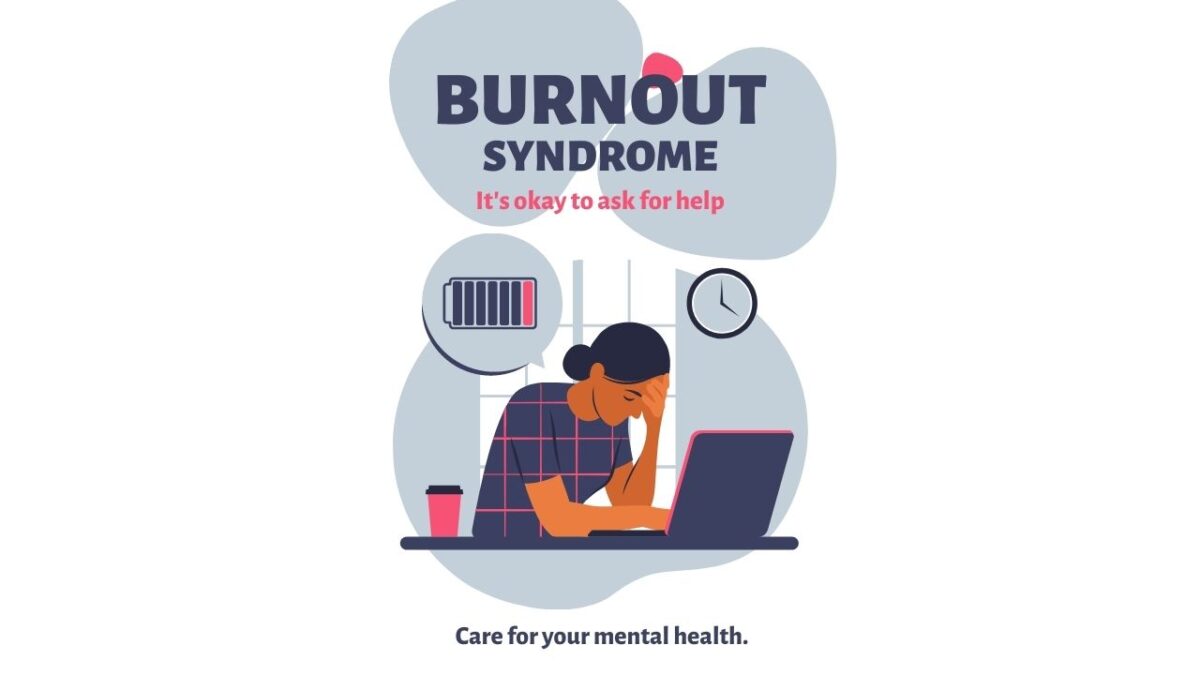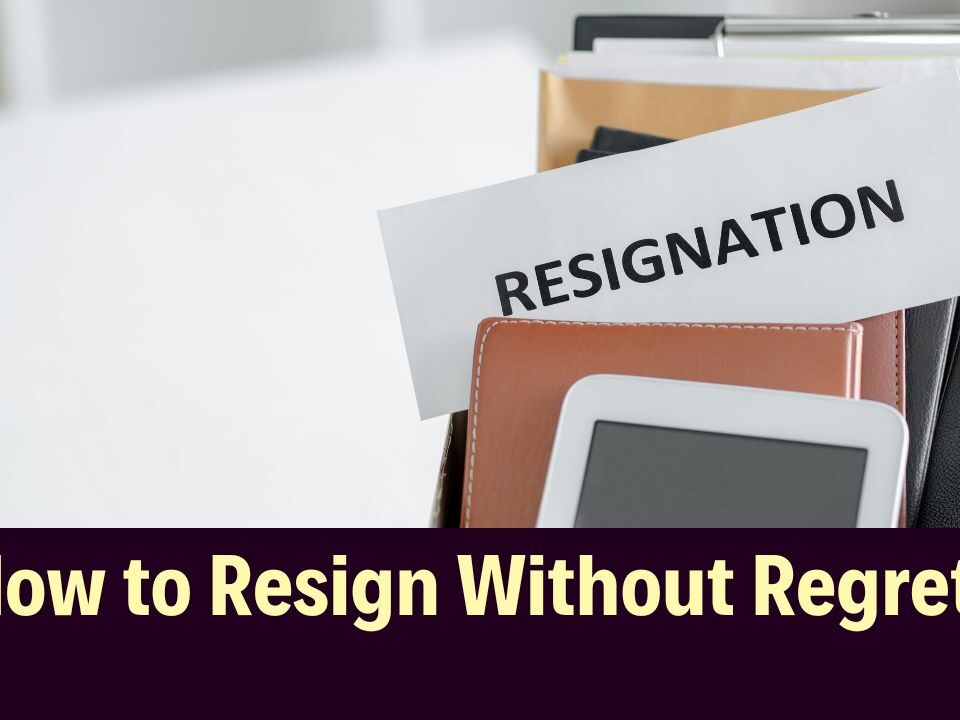
Preventing burnout is essential for your overall health and your career.
Like the majority of us, the way you work and do life has been changed radically over the past two years.
So. how do you know if you’re burned out? The most common signs include depression, irritability, and lack of motivation.
In addition, you feel tired and unable to control your circumstances and your physical health can be affected too.
But there is good news, you can recover from burnout both inside and outside of working; here are 14 strategies to help you get back on your feet.
1. Evaluate your expectations.
Burnout is often caused by pushing yourself too hard for too long. Take a close look at your to-do list and see what you can eliminate or delegate. Focus on your top priorities and approach each task accordingly.
2. Set goals.
Working towards something you want to achieve provides instant inspiration.
Break long-term objectives down into daily and weekly targets, so you’ll keep building momentum.
3. Limit distractions.
Burnout makes it difficult to concentrate at work or at home. Create quiet spaces where you can work at the office or at home.
Turn off your phone and stay away from websites and apps where you tend to lose track of time.
4. Find allies.
Do you feel isolated or have more conflicts with your coworkers?
Burnout can take a toll on your relationships, so participate in social activities at work.
If you feel safe, talk with your boss or a trusted colleague about what you’re going through.
5. Have fun and brighten up your workday.
Join the party planning committee. Pass along a funny joke or an intriguing news story.
6. Pace yourself.
How many hours are you working a week? Research consistently shows that excess overtime lowers your performance. You’re more likely to succeed with a 35-to-40-hour week than trying to stretch each day in unrealistic ways.
7. Take advantage of your personal and vacation leave
It may help to get away from your routines for a while, use your vacation days to visit family and friends in another city.
If you’re short on leave, you could try a spa day at home or check into a local hotel for the weekend.
8. Be patient.
Burnout often builds up gradually and it may take a while to turn things around. Give yourself credit for making an effort. Appreciate signs of gradual progress.
9. Address root causes.
While there are many things you can do to cope with burnout temporarily, lasting change depends on resolving the source of your troubles.
Maybe it’s an event at work, or maybe it has more to do with your disposition or personal life.
10. Set boundaries.
Remote work blurs the line between business and leisure activities so try to keep office items out of your bedroom. Let your job know the hours when you’re unavailable.
11. Sleep well.
Go to bed on time, so you can wake up feeling refreshed. Stick to a consistent schedule, even on weekends and holidays.
12. Work out.
Physical activity relieves stress and gives you more energy. Design a balanced program of cardio exercise, strength training, and stretches.
13. Learn to relax.
Manage daily tensions with stress-relieving activities like yoga and meditation. Allow your mind to wander by listening to classical or instrumental music. Make time for your hobbies and the things that bring you joy.
14. Consider counseling.
If your burnout symptoms persist, you may benefit from working with a professional therapist.
Some employers have extended mental health benefits as a result of COVID-19. If you’re on a limited budget, contact a community hotline to explore low-cost services.
Burnout can seem overwhelming, but you probably have more options than you think.
Change your daily habits and ask others for help if you’re struggling.
Taking constructive action will help you to regain your balance and increase your job satisfaction.




